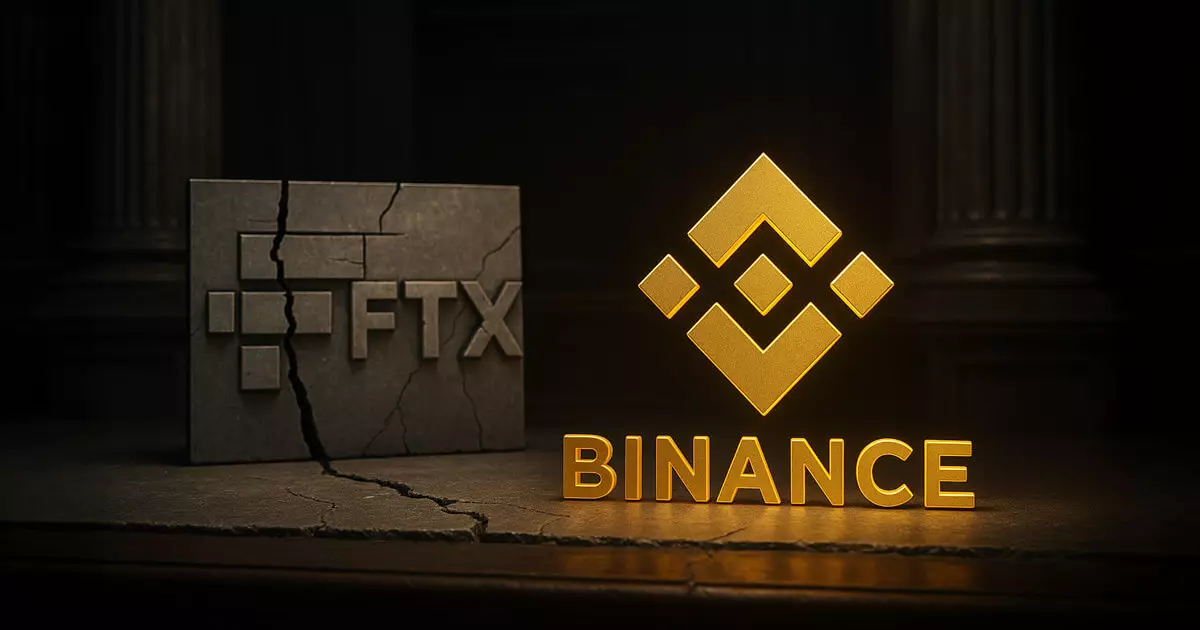The cryptocurrency realm has never shied away from controversies, and the ongoing legal feud between Binance and FTX is a testament to that. With FTX’s monumental $1.76 billion lawsuit directed at Binance, the stakes have never been higher. In its defense, Binance has taken a robust stance, arguing not just the merit of the claims but the very foundation upon which they stand. For those with a vested interest in the crypto landscape—be it investors, regulators, or competing platforms—this case could redefine the parameters of accountability in the digital currency universe.
The Issue of Jurisdiction
One of the most critical arguments put forth by Binance is the issue of jurisdiction. Essentially, Binance contends that U.S. courts lack the authority over the entities involved, which are not based in the U.S. This sense of legal sovereignty appeals to a broader narrative: the fundamentals of international business must be respected, particularly in a field as global as cryptocurrency. If Binance can successfully convince the court of its lack of jurisdiction, it could set a precedent for international crypto dealings, emphasizing the need for clear jurisdictional guidelines in an industry operating across borders without a common regulatory framework.
Flawed Assumptions at Play
Diving deeper into the core of the lawsuit, Binance takes aim at FTX’s insolvency argument. According to them, FTX’s claims rely on unverified assumptions that lack foundational strength. If FTX was indeed insolvent in July 2021—an assertion that Binance vigorously disputes—then how could any subsequent actions cause further damage? This counter-argument paints a picture of a significantly flawed legal approach from FTX, one that seems more reactive than substantive. This focus on meticulous legal scrutiny reveals an essential truth: in the chaotic world of cryptocurrency, assumptions can be as dangerous as outright deceit.
Social Media Tactics Under Fire
The implication that Changpeng Zhao’s social media postings incited a bank run on FTX adds an interesting layer to this legal confrontation. Binance dismisses these claims as riddled with exaggeration. Zhao’s portrayal of the unfolding events, they argue, was not misleading but a transparent communication of market realities. As we stand at the intersection of finance and digital communication, should CEOs be held accountable for how their words might influence market behavior? This question blurs the lines of accountability and free speech in the digital age, showcasing the inherent challenges in navigating cryptocurrency’s evolving landscape.
The Motivation Behind the Actions
Binance’s argument that its liquidation of FTT holdings was driven by market risk, rather than an intention to cripple FTX, also opens up questions about corporate ethics in the cryptocurrency space. If Binance was navigating its own uncertainties, then the depiction of its actions as villainous becomes untenable. It serves as a stark reminder of the volatile nature of the market—where actions are often seen through a lens of competition rather than straightforward malicious intent.
As this high-profile legal battle continues, the implications for both Binance and FTX, along with broader implications for the entire cryptocurrency sector, remain to be seen. It’s a poignant moment where legal theory meets the realities of an industry often described as the Wild West of finance.















Leave a Reply